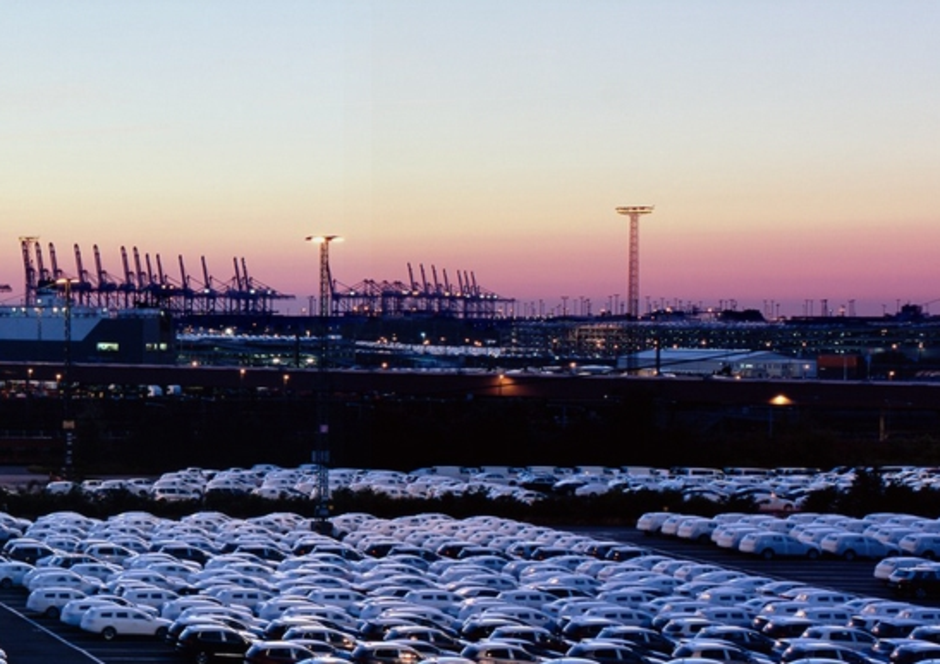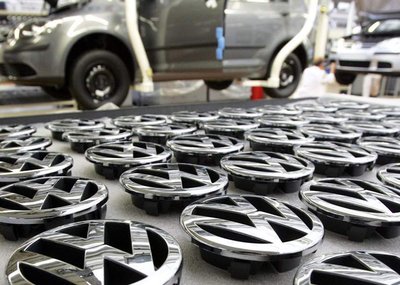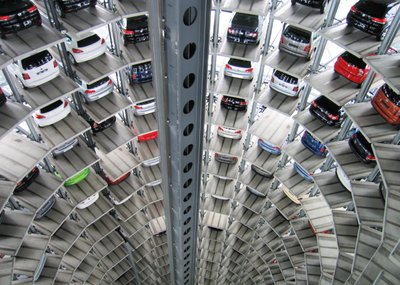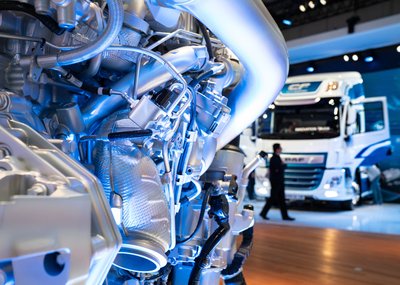However, new registrations in the first seven months were still minus 30 percent, production minus 36 percent
In July, new car registrations in Germany, at 315,000 new cars, were 5 percent below the level of the previous month. This is the smallest decline so far this year. 1.5 million new cars were registered in the first seven months (-30 percent).
After the extraordinarily weak previous months, in which the trade and the registration offices could only work to a very limited extent, pent-up demand is realized. However, this can only partially compensate for the lull in recent months. Orders received from Germany in the past month were again above the previous year's level (+21 percent). From January to July, however, a total of 22 percent fewer orders from Germany were received.
International orders give hope
Orders from abroad were booked in July as roughly as in the same month of the previous year. In the course of the year so far, incoming orders from abroad were 21 percent below the previous year's level. The July figures may give reason to hope that the expected recovery will slow in the second half of the year.
In July, 334,000 cars rolled off the assembly line in Germany (-6 percent). After seven months, the production was 1.8 million units (-36 percent). The export business remains weak: 242,800 cars were delivered to customers all over the world (-15 percent). Almost 1.4 million vehicles have been exported so far this year (-36 percent).
Hildegard Müller (VDA): The suppliers are most affected
Hildegard Müller, President of the German Association of the Automotive Industry (VDA), emphasized: "The figures show that we can by no means speak of a normal state again, but there is progress - compared to the weeks of production downtime. We expect that Minus rates in the second half of the year are slowly shrinking compared to the same month of the previous year. For Germany, we expect around 2.8 million new car registrations in the full year. This corresponds to a decrease of 23 percent. All of these expectations are based on the assumption that it will work to stem the corona pandemic in Europe, but also in other parts of the world."
The VDA President also emphasized: "The corona consequences mean that companies - manufacturers and suppliers - are under enormous pressure to adapt: capacities have to be adapted to lower demand. In addition, there are the major effects of the transformation caused by massive investments in electromobility and alternative drives as well as digitalization. We therefore unfortunately have to reckon with a further decline in employment. The high tension in employment is currently somewhat covered by short-time work. The suppliers in particular are affected."
Source: VDA (Verband der Automobilindustrie e.V.), KBA (Federal Motor Transport Authority)






